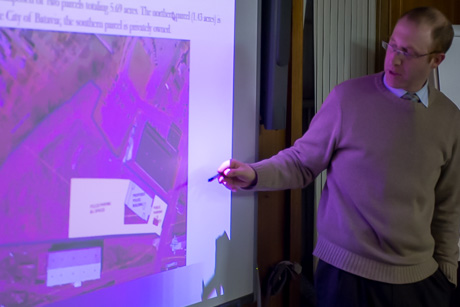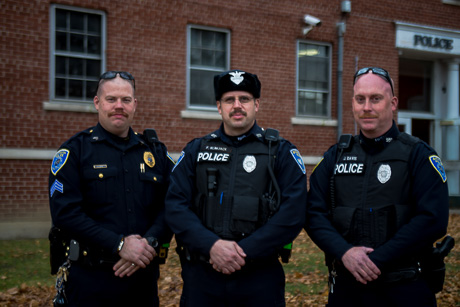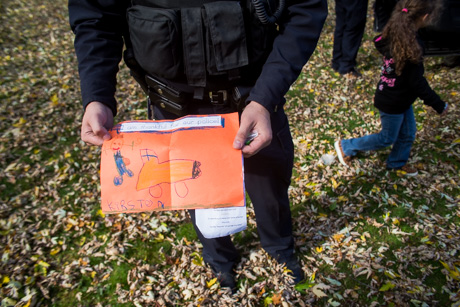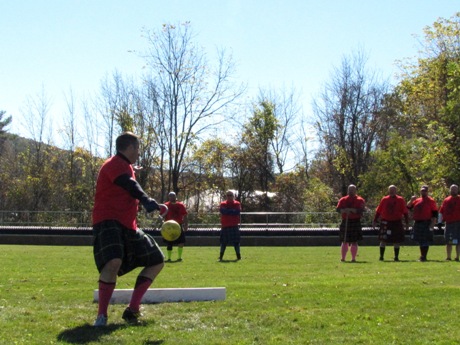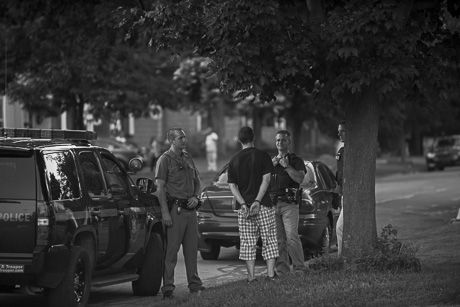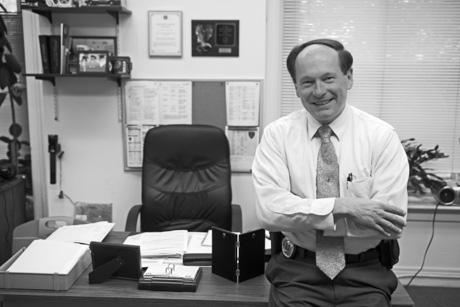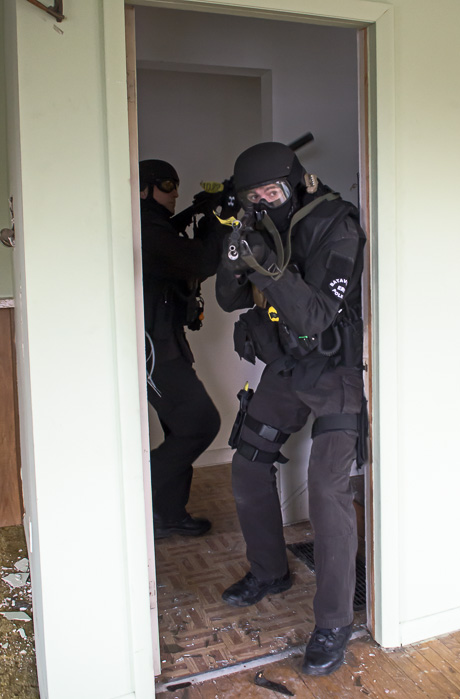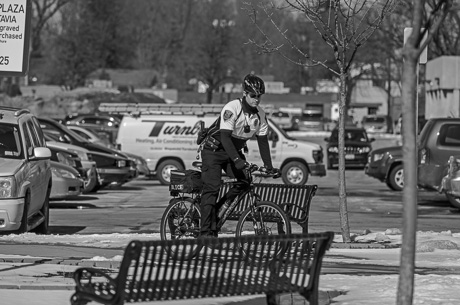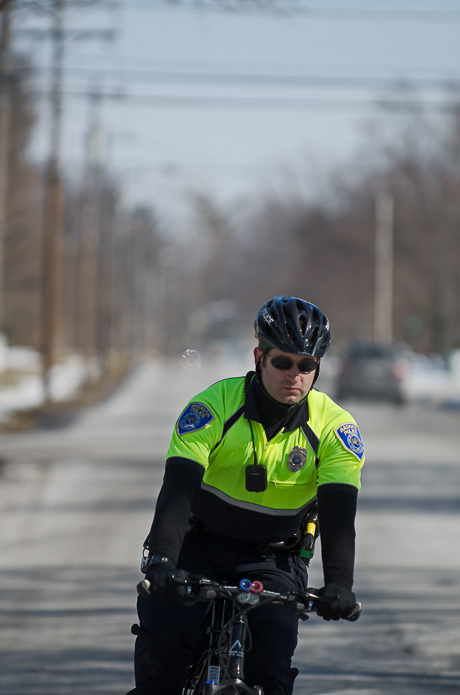Task force learns there are no ideal locations for new Batavia PD headquarters
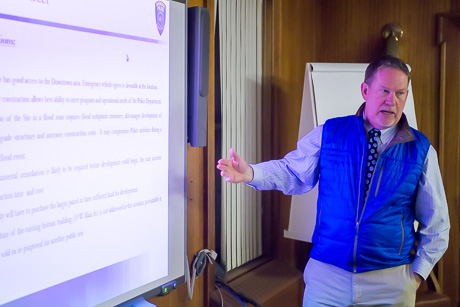
The third of five meetings for the Police Facilities Task Force had members looking at drawings and maps and thinking about traffic patterns, parking and floodplains.
The committee reviewed the proposed sites for a new police station, looked at the options for remodeling the current location -- the old Brisbane Mansion -- and asked why a variety other locations in the city weren't considered.
The task of the task force is to come up with a recommendation for the City Council by July 1.
They meet next on March 10 to look at financing options.
Their virtual tour of potential locations started at 56 Ellicott St., the former Santy Tires location.
Advantages include access to Ellicott Street and Evans Street (a driveway would extend along the north side of the Salvation Army building), high visibility Downtown and the opportunity for all new construction.
The downsides include being in the floodplain (though, by a slight margin, the highest of the sites in floodplains), some level of environmental remediation because of the former auto repair shop and gas stations, and proximity to the Della Penna property.
The Della Penna property itself has been taken off the list because the lot size is slightly too small and it will require significant environmental remediation.
Next up was the Salvation Army building on Jackson Street.
The location is not as visible as 56 Ellicott, but not entirely hidden either. It's also in the floodplain, but would offer a good configuration for the actual building as providing separate parking for police and civilians with separate access points.
The current building is not suitable for retrofitting to meet the needs of a modern police headquarters, so would need to be torn down and a new building constructed.
Another location for a new building is 165 Evans St.
The location would offer a lot of space, but it also creates a lot of problems. It would eliminate the current parking for Falleti Ice Arena, forcing new parking behind the building and perhaps changing the primary entrance for the rink to the back of the building or the north side.
"We've identified that there was a parking issue with the ice rink and that we would need to reconfigure it, but we didn't come up with a solution," City Manager Jason Molino said.
There's a seven-acre lot behind that location and Molino said the city is getting some serious interest in redeveloping that land.
Also under consideration is co-locating with the Sheriff's Office on Park Road.
This is not the clear win advocates of shared services might think. One of the big cost drivers (making it a very expensive option) is that the new building would require new mechanicals. If the two buildings had been constructed as one facility or built at the same time, then they could share heating and air and such; but they weren't, so they can't.
"If it's not that much cheaper, why are we discussing it?" Molino said. "Because, for 25 years, people have been suggesting it, so it at least deserves a good evaluation or people will always be asking the question and saying, 'well, you didn't look at this site.' "
The biggest challenge, Molino said, would be for the city and county to come up with an operating agreement -- how costs would be allocated, what would be shared, what would remain separate, and similar operations issues.
The location, being well outside the heart of the city, would also require a satellite office for the department somewhere Downtown.
For the current facility, which is more than 150 years old, there are two options: Tear down the 1963 addition to the facility (the entire back of the building) and build new or remodel the existing wing.
Neither option offers significant cost savings over building an entirely new building at another location. It doesn't solve the parking and access issues currently faced by the department and no new floor plan could be fashioned that meets the needs of a small city police department in 2014.
But officers could have an indoor firing range in the basement.
Another option Molino presented to the task force was maintain the status quo.
Such an option wouldn't improve the layout of the building, because no substantial changes could be made.
The current building isn't compliant with the American with Disabilities Act, so any design changes beyond just the cosmetic would force the city to make the entire building conform to ADA rules. The cost thing skyrockets back up to the range of a complete remodel.
Enlarging the bathrooms and adding air conditioning to the parts of the building that don't have it are both examples of pressing needs with the current building that would kick in ADA rules.
Chief Shawn Heubusch offered that early on, officials looked at the mall as a possible location, but there's no good solution to some of the access issues it would create.
Any location on Main Street would present access and parking problems.
The city at one time looked at the old armory on State Street, locations around Alva Place and on Bank Street and the Harvester Avenue area and found significant deficiencies in access and traffic patterns with each.
The bottom line: There is no easy answer to the question of where Batavia should house its police force.
Top photo: John S. Brice, architect, Geddis Architects, who facilitated the discussion. Bottom photo: City Manager Jason Molino.
